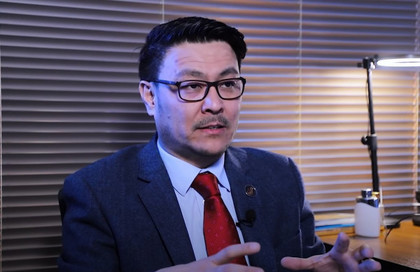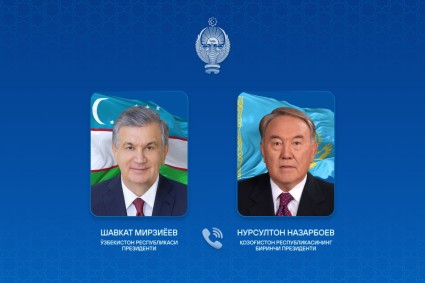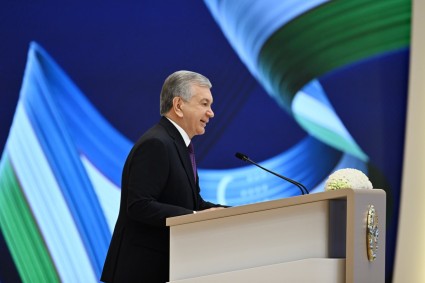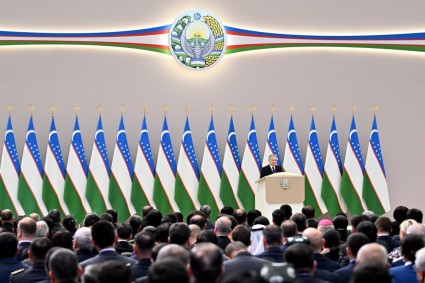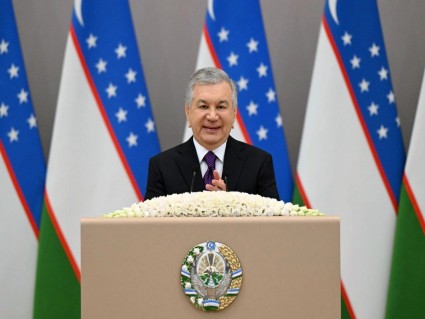Political scientist Kamoliddin Rabbimov, during a conversation with Kun.uz, вАЛвАЛvoiced his opinion about the lack of pluralism of opinions in Uzbek society and the mistakes made by the previous government in the field of national information policies.
“I have always critically evaluated the period of the first administration in Uzbekistan. The main goal of the first administration was to establish the tightest possible control over the society. That is, at that time more attention was paid to the geopolitical independence of the state. For example, when Russia annexed Crimea, Uzbekistan was the only post-Soviet country to send a note to Russia twice. We know that democracy is formed in the process of freedom. That is, where they say that first a state and a nation must be formed, and then there will be freedom, there will never be freedom. Freedom is first of all a process,” he added.
In his opinion, under the first administration, information flow was so tightly controlled that society did not have the opportunity to form free thinking and the free flow of information.
“Democracy depends on the political elite. As you know, the constitutions of countries like Uzbekistan and Turkmenistan are also democratic constitutions, but they don't work as written. I think that in order for this to work, a broad political elite is required. Our political elite began to expand only in the last 6 years. But there is not enough pace in this regard, it is too slow. We said that democratic institutions are necessary for the formation of free thinking in the country. And democratic institutions are formed when the authorities restrain each other and often change,” he said.
Rabbimov also explained why Uzbekistan has failed to achieve freedom of information in the past.

